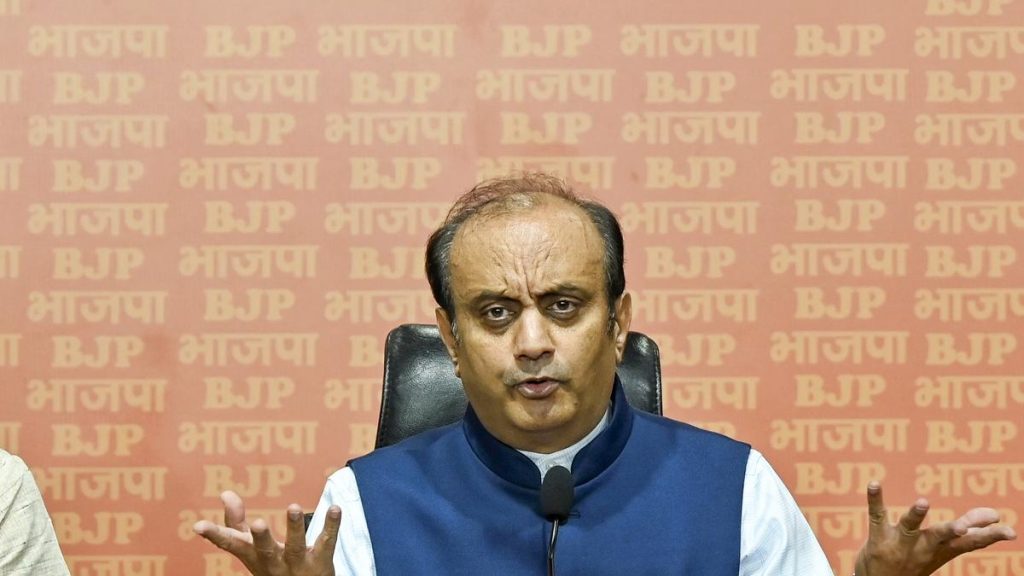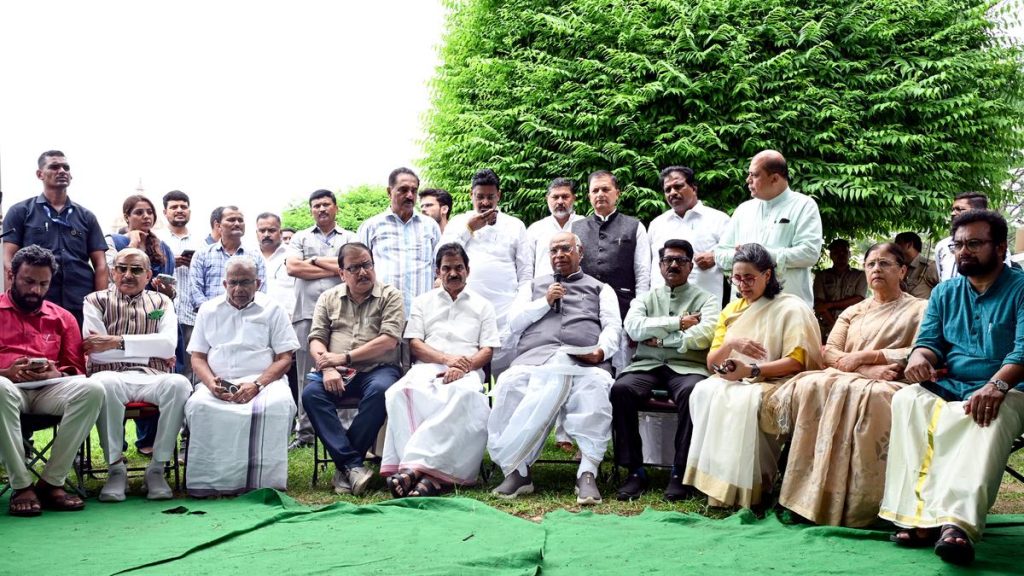Now Reading: BBMP Launches Faceless e-Khata System to Enhance Transparency, Eliminate Middlemen
-
01
BBMP Launches Faceless e-Khata System to Enhance Transparency, Eliminate Middlemen
BBMP Launches Faceless e-Khata System to Enhance Transparency, Eliminate Middlemen
Quick Summary
- BBMP Initiative: The Bruhat Bengaluru Mahanagara Palike (BBMP) has introduced a faceless,online e-khata system to ensure transparency and efficiency in khata-related services.
- Core Features:
– Applications are processed on a First In, First Out (FIFO) basis.
– A round-robin system randomly assigns applications to officers without revealing identities to applicants, eliminating direct contact and influence.- Each officer receives batches of 50 applications; new assignments start only after previous ones are completed.
– Delays beyond three days trigger automatic reassignment via the round-robin method.
- Escalation Mechanisms:
– Officials delayed for two consecutive rounds move into supervision by special zonal teams including high-level officers like the Deputy Commissioner, joint Commissioner, Zonal Commissioner, and Special Commissioner (Revenue).
– Significant delays or rejections escalate automatically to an appellate authority per the BBMP Property Tax Rules of 2024.
- Accountability Measures: Officers inactive for over 36 hours risk being blocked from new assignments unless granted exceptional approval by Zonal Joint Commissioners.
- Implementation Timeline: Immediate launch wiht some versatility during transition phases.
Indian Opinion Analysis
The rollout of BBMP’s faceless e-khata system represents an crucial step toward reducing corruption and inefficiencies that frequently enough plague municipal processes in India. Modeled after similar methodologies in Income Tax assessments, it prioritizes transparency by preventing undue influence between applicants and officials. Additionally, mechanisms like FIFO processing and automatic escalation demonstrate strong accountability features that could foster trust among citizens.
Operational success hinges on robust software reliability during implementation; delays or technical challenges could undermine public confidence initially. Though, if efficient communication channels are maintained-especially regarding escalated cases-it may set a precedent for other civic bodies across India seeking digitized governance reforms aimed at tackling systemic inefficiencies.
























